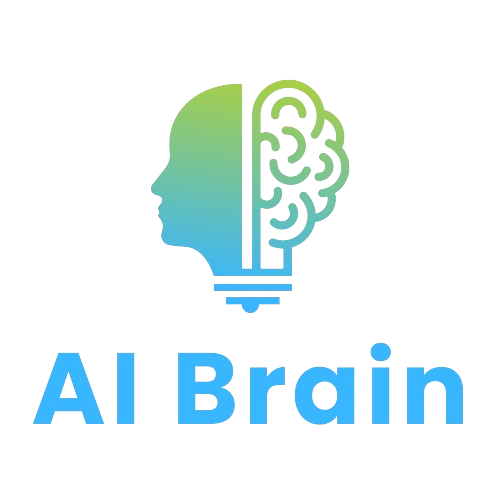In a world where innovation is the cornerstone of progress, one term reigns supreme: Artificial Intelligence (AI). It’s not merely a buzzword; it’s a technological marvel shaping our present and defining our future. But what exactly is AI, and why does it hold such paramount importance in the modern world?
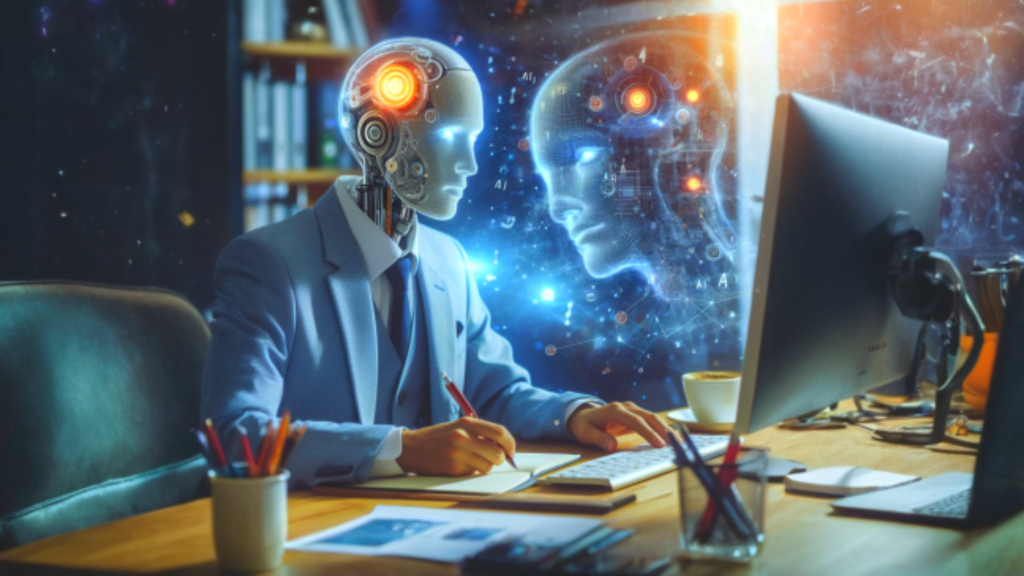
At its core, AI refers to the simulation of human intelligence processes by machines, notably computer systems. These processes include learning, reasoning, and self-correction. Unlike traditional programmed systems, AI has the ability to adapt and improve over time, making it incredibly dynamic and powerful.
Imagine a world where your smartphone anticipates your needs before you even realize them, where medical diagnoses are more accurate than ever, and where autonomous vehicles navigate roads seamlessly. This is the promise of AI — a world where machines not only assist but augment human capabilities across various domains.
Revolutionizing Industries:
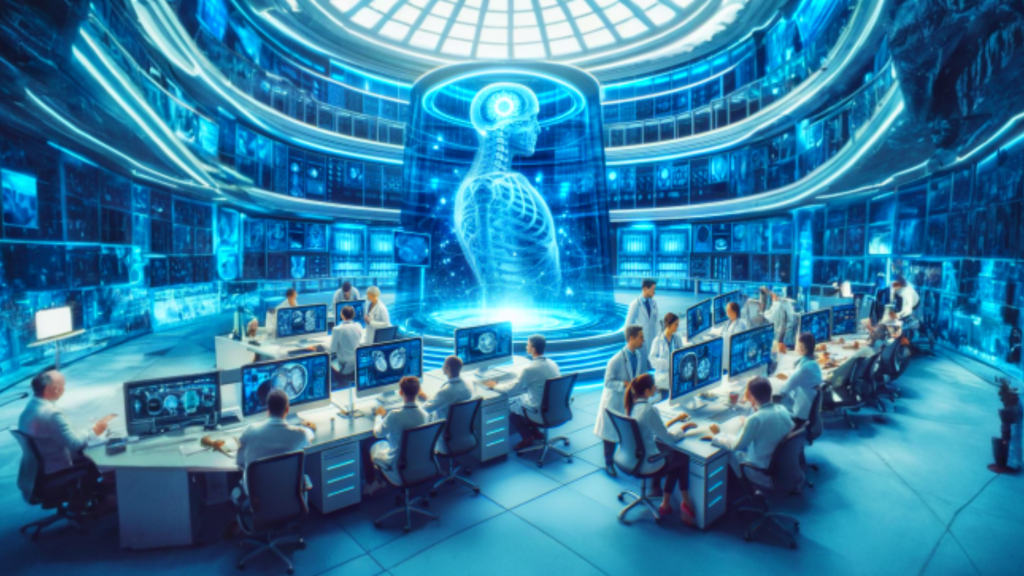
From healthcare to finance, manufacturing to entertainment, AI is revolutionizing every industry it touches. In healthcare, AI-driven diagnostics can analyze medical images with unparalleled precision, aiding doctors in detecting diseases at earlier stages. Similarly, in finance, AI algorithms process vast amounts of data to predict market trends and make informed investment decisions in real-time.
Enhancing Efficiency:
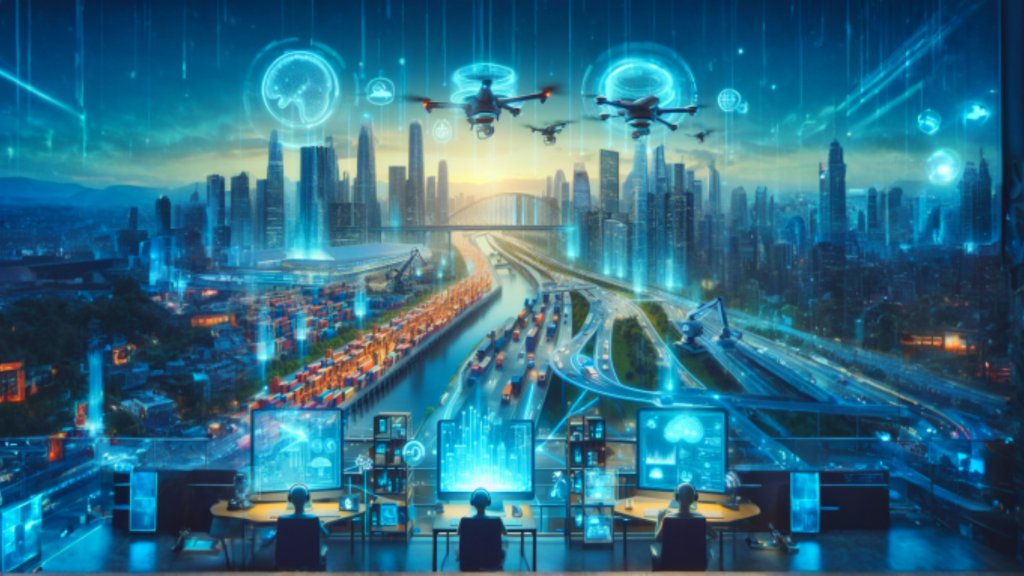
Efficiency is the cornerstone of success in today’s fast-paced world. AI streamlines processes, automates mundane tasks, and optimizes resource allocation, thus maximizing efficiency across industries. Whether it’s supply chain management, customer service, or logistics, AI-powered solutions are transforming operations and driving productivity to new heights.
Personalizing Experiences:
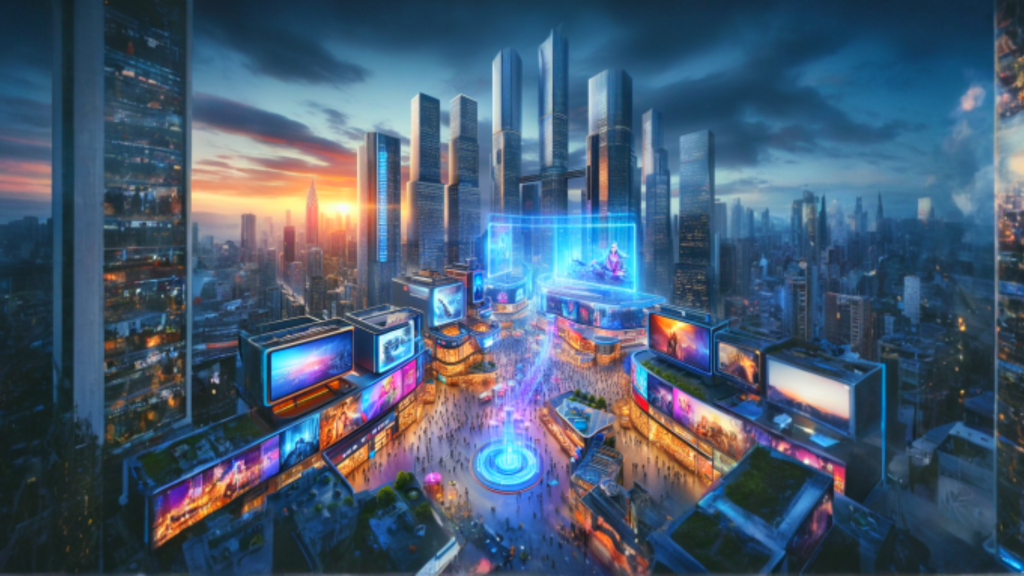
In an era where personalization is key to engaging customers, AI plays a pivotal role. Recommendation algorithms analyze user behavior to offer tailored suggestions, whether it’s movies on a streaming platform or products on an e-commerce site. Virtual assistants like Siri and Alexa understand natural language, providing personalized assistance and enhancing user experiences.
Fostering Innovation:
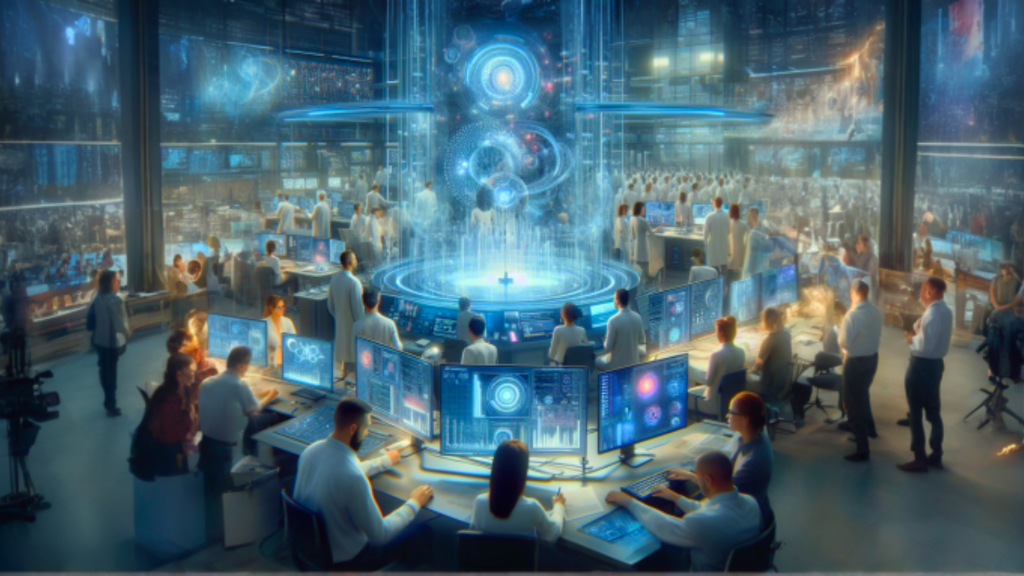
AI fuels innovation by enabling researchers and developers to tackle complex challenges more efficiently. Machine learning algorithms sift through massive datasets to uncover insights and patterns that humans might overlook. This fosters groundbreaking discoveries in fields like drug development, renewable energy, and space exploration, pushing the boundaries of what’s possible.
Addressing Societal Challenges:
Beyond business applications, AI holds immense potential to address pressing societal challenges. From combating climate change to improving education and healthcare access, AI-driven solutions offer novel approaches to longstanding problems. For instance, AI-powered predictive analytics can help governments allocate resources effectively during natural disasters, saving lives and minimizing damage.
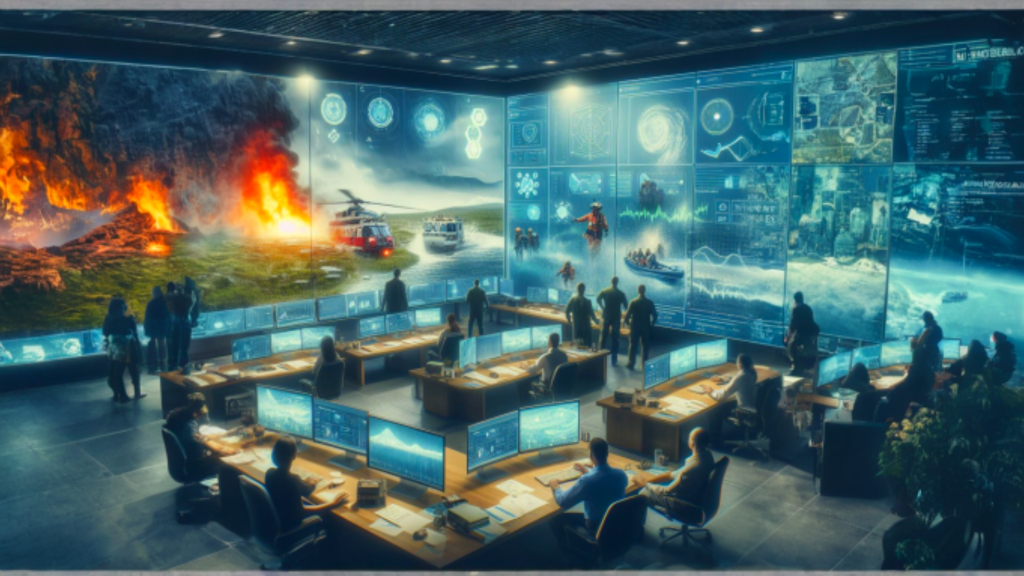
As we delve deeper into the realm of AI, it’s crucial to recognize both its vast potential and its ethical implications. Concerns about data privacy, algorithmic bias, and job displacement warrant careful consideration and proactive measures to ensure that AI benefits society as a whole.
In conclusion, AI is not merely a technological advancement; it’s a catalyst for transformation across every facet of our lives. Its importance in the modern world cannot be overstated, as it reshapes industries, enhances efficiency, personalizes experiences, fosters innovation, and addresses societal challenges. Embracing AI responsibly and ethically will pave the way for a future where humanity and technology coexist harmoniously, propelling us towards unprecedented heights of progress and prosperity.
So, let’s embark on this journey into the future, where the marvels of Artificial Intelligence await us, ready to redefine what’s possible and shape a world limited only by our imagination.
